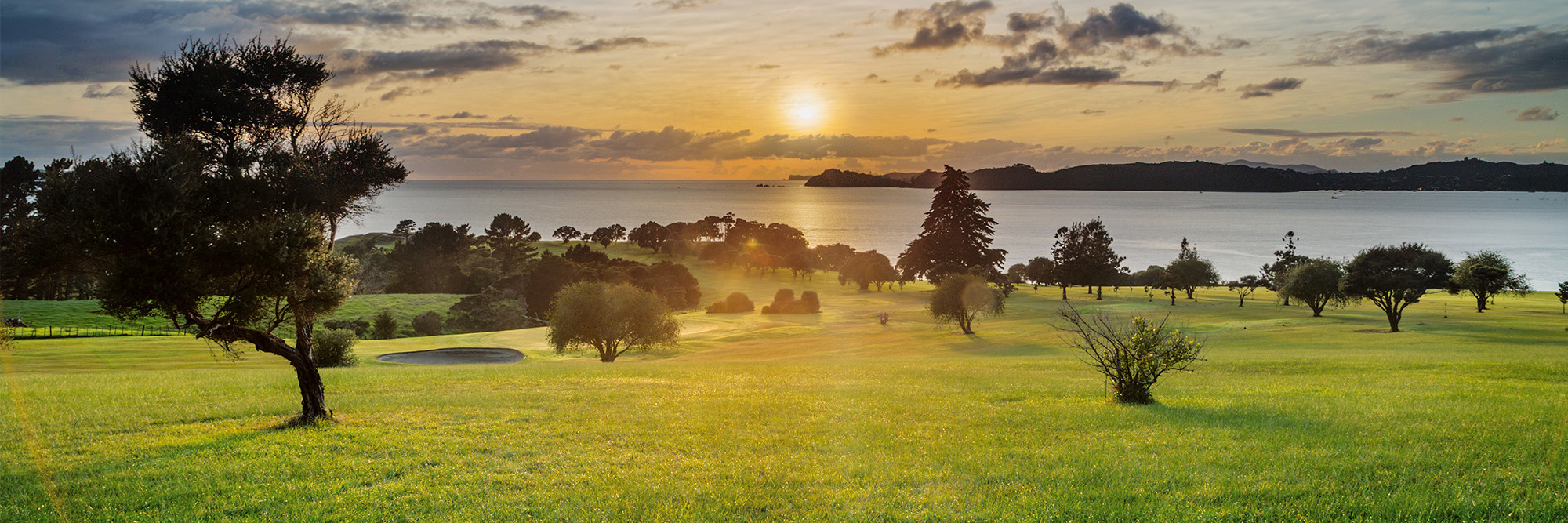

Māori have a long history of international trade, and we’ll support further sustainable growth for today and future generations.


Māori have a long history of international trade, and we’ll support further sustainable growth for today and future generations.
MinterEllisonRuddWatts’ proud tradition of working alongside Crown and iwi organisations on Te Tiriti o Waitangi (Treaty of Waitangi) matters has given us a deep understanding of the breadth and positive impact of the Māori economy, and the support needed for its successful operation and sustainable growth.
In 1994 we acted for Waikato-Tainui on the historical settlement of its Māoritanga land claim. This was the first deed of settlement negotiated with the Office of Treaty Settlements. Our full-service firm continues to work together with iwi and Māori governance entities across a broad range of legal matters. We also regularly advise the Government, local government, and the private sector on Māori law issues.
We are proud to partner with Māori organisations to help protect their assets and pursue their aspirations for economic stability and growth for future generations of whānau, hāpū and Māori generally. We understand Tikanga values and issues of significance to Māori and integrate them into the planning and implementation of a project on land or in the coastal marine area.
We are experienced in working with iwi groups as our clients, as affected parties, or in partnership with our clients.
In recent years, we have collaborated with and advised Māori organisations to establish negotiating mandates, navigate complex dispute resolution processes, and find room within English-based legal norms and processes for Māoritanga and Tikanga. We have helped bring to life Crown recognition of Te Tiriti o Waitangi principles of partnership, protection, and participation across the health, education, environment, local government, and international trade sectors. We regularly advise non-Māori clients on their engagement with iwi and Māori organisations to ensure the integration of Mātauranga Māori in legal settings.
We can help with:
Advising the Crown and quasi-Crown agencies on implementation of Te Tiriti o Waitangi principles in regulatory settings. The advice has covered a broad range of issues including recognition of mātauranga Māori.
Assisting Ports of Auckland with its vision to become a leading sustainable port at the global level – socially, economically, and environmentally. Advising on POAL’s engagement with Māori, the principles of Te Tiriti o Waitangi and how these may be affected by upcoming reforms.
Advising Go Bus Limited, owned by Ngāi Tahu Holdings and Tainui Group Holdings, on the sale of transport company Go Bus to Melbourne-based industry operator Kinetic, by sale of 100% of the shares in Go-Bus Holdings Limited. Kinetic is ultimately owned by Canadian pension fund, OP Trust.
Advising the Ministry of Education on various regulatory and public law considerations for its school property portfolio, as well as its Te Tiriti o Waitangi/Treaty of Waitangi obligations.
Lead construction adviser to Tainui Group, one of New Zealand’s largest iwi organisations, on its enormous, nationally significant, Ruakura Superhub development at Hamilton. At 490 hectares, Ruakura Superhub is one of New Zealand’s largest multi-use developments.
Acting for an iwi in relation to the acquisition from the Crown and project financing of certain schools in the context of a Treaty settlement.
The Māori Trustee is a statutory trustee appointed to hold and manage over 100,000 hectares of Māori land in New Zealand on trust for nearly 100,000 Māori owners. Te Tumu Paeroa is the organisation that supports the Māori Trustee. One of the Māori Trustee’s roles is acting as statutory trustee of Te Tumu Kāinga – a trust that invests in housing projects and “pathway to ownership” programmes to support access to affordable housing for Māori. We are sole external legal adviser, assisting Te Tumu Paeroa and Te Tumu Kāinga by acting on the acquisition of the affordable dwellings and then implementing a ‘rent to buy’ home ownership scheme and/or a shared home ownership scheme, with the end goal of the whānau building enough equity in the dwelling to purchase the property (or any remaining share in the property) from Te Tumu Kāinga. As part of the project we have reviewed, advised and negotiated on template and transaction documents, acted on the acquisition and, where relevant, on-sale (to both shared or full ownership) of the affordable dwellings, and advised on various compliance and funding arrangements.
Acting on a pro-bono basis for Te Wānanga o Raukawa in its appeal against a liquor license that was granted for a new off-license in the Ōtaki region. This appeal largely focused on the social deprivation experienced in Ōtaki, along with the majority Māori population of the area, and the disproportionate harms effected by alcohol on these population groups.